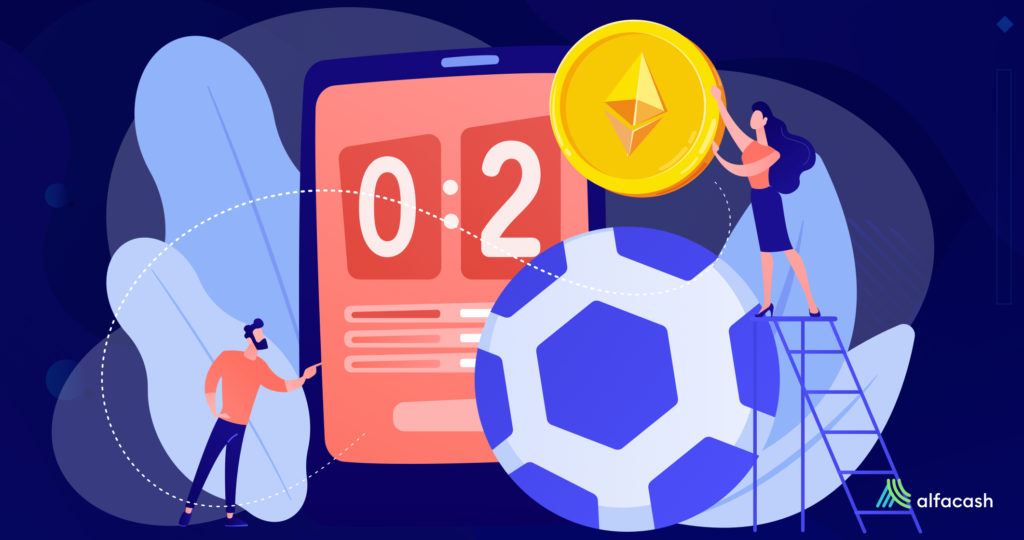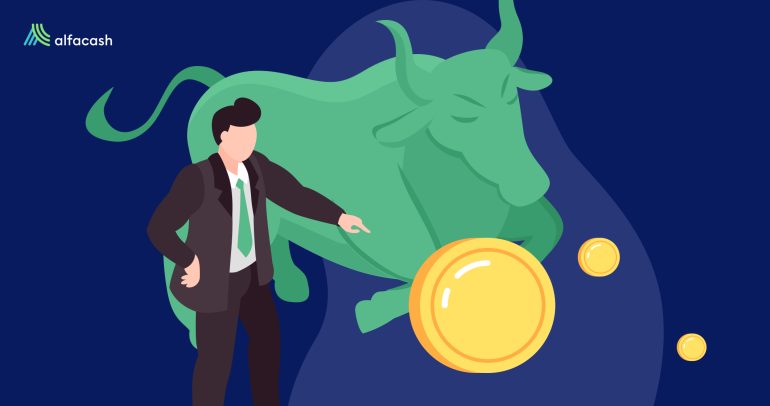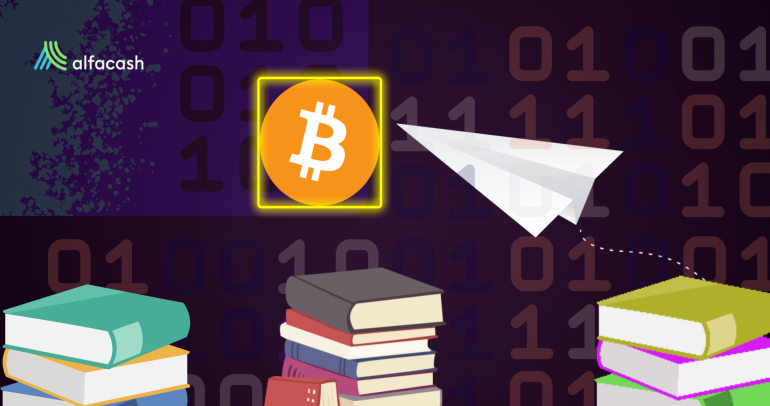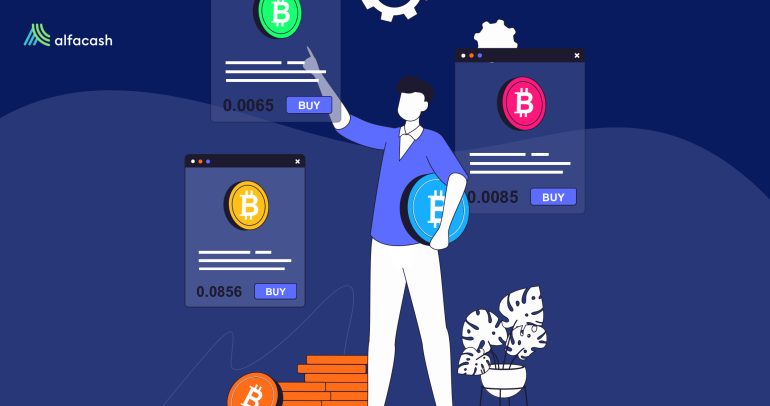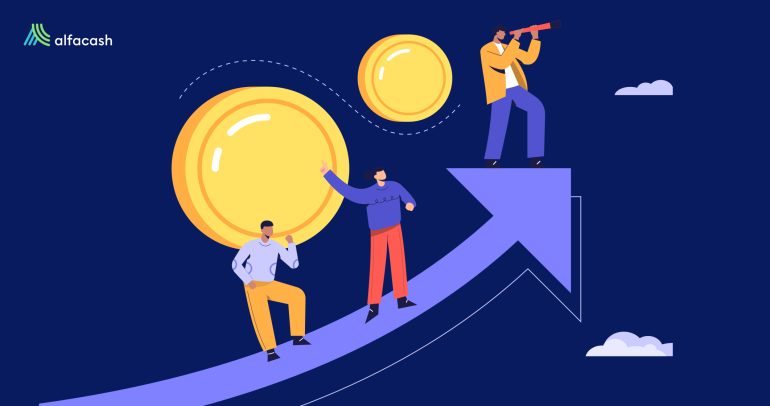Prediction markets, also known as betting markets, are markets that operate based on the possible outcomes of future events — such as soccer matches and even presidential elections. If the participant gets the outcome right, they can earn more money; but they can also make some trading to earn.
This type of market, which is present even on the stock exchange, hasn’t been excluded from the cryptocurrencyA digital currency running on a blockchain and built with cryptography. Contrary to central-bank issued currency, cryptocurrency issuance rules are... More world. Below, we’ll learn a bit about how traditional prediction markets work. We will also go over some prediction markets on blockchain and how to make nice earnings with them.
Concepts and a bit of history
The oldest record about prediction markets dates back to the 16th century when bets were placed in the political arena. However, even at that time, the betting market was considered a primitive practice.

The economic theory behind these markets is usually attributed to two economists of the Austrian School: Friedrich Hayek and Ludwig Von Mises, for their publications “The Use of Knowledge in Society” (1945), and “Economic Calculation in the Socialist Commonwealth” (1990).
Now, according to more modern sources, “the prediction market is a market where people can trade contracts that pay based on the outcomes of unknown future events”. Likewise, “the market prices generated from these contracts can be understood as a kind of collective prediction among market participants”.
Prices in prediction markets are based on participants’ expectations and their willingness to take risks based on them. Basically, these markets are made up of people who speculate on future events based on the information they have and consider valuable. If the participant gets the outcome right, they’ll make money; otherwise, they could lose money.
As mentioned above, these markets are also called betting markets, given their similarity to betting on uncertain events. They’re also compared to future markets and other financial assets. In this case, the more participants and information obtained, the better the results can be.
How to earn cryptos with prediction markets?
Traditional prediction markets are heavily regulated in jurisdictions such as the United States. Also, the fees to access them are often very high. Fortunately, blockchainBlockchain is a type of database storing an immutable set of data, verifiable to anyone with access to it —through... and cryptocurrencies have arrived into these markets as well, offering platforms with significant advantages.
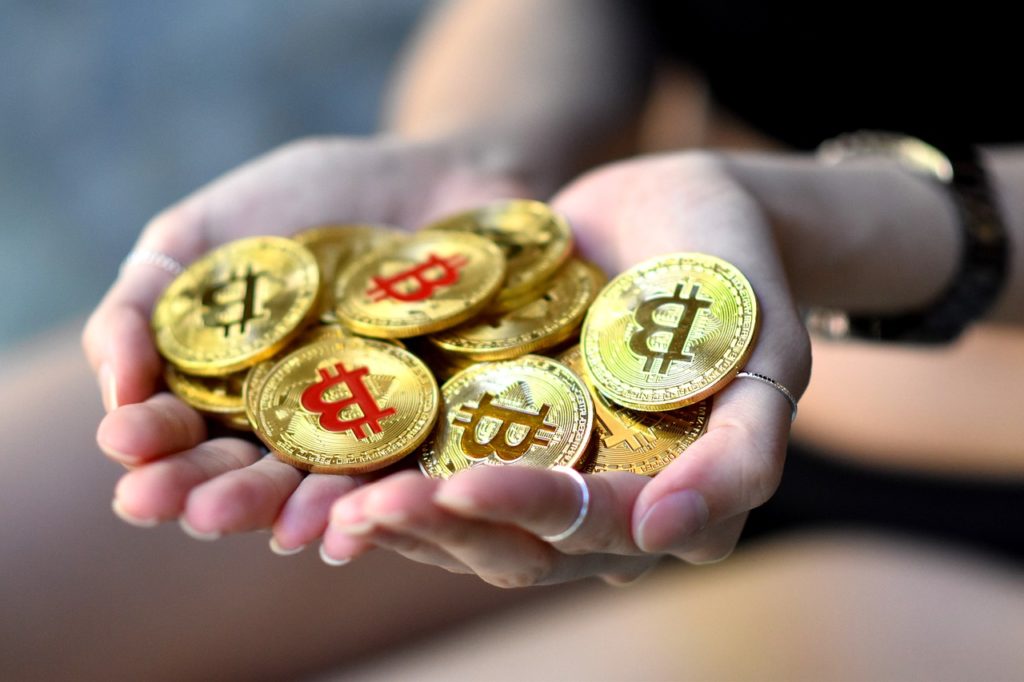
Prediction markets on blockchains are open to all interested participants. They’re not limited by regulations, geographic scopes, and censorship. In addition, participation costs are much lower when compared to centralized marketplaces.
The way to earn tokens or cryptocurrencies in these markets can be split into three methods: winning the given bet, providing liquidity to receive user fees, or trading the tokens or shares involved. So, for example, to participate, an average user must buy a certain amount of tokens or shares representing one of the outcomes of the bet.
An example of prediction markets
Let’s say the bet is as follows: will the yellow sports team win this season? Yes/No. The first option (Yes) is represented by the token Y, while the second option (No), is represented by the token N. During that sports season, the value of these two tokens (or shares) will vary, depending on whether the yellow team is winning or losing the season (the odds).

Therefore, in theory, it’s not even necessary for the user to “win” the bet to make a profit. They can simply buy the Y tokens (for example) at the beginning, and then sell them more expensively when they go up in price because the odds are in favor of the team involved (or the event being bet on). Of course, if the team wins, the user will make more profit if they still have the Y tokens at the time of closing the prediction.
On the other hand, if the team loses at the end, and the user keeps their tokens in favor, the value of these tokens will collapse (and the invested funds will be lost). If the user sold them earlier, then they wouldn’t be affected. In these markets, then, you’re playing with collective probability, which isn’t without risk.
Remarkable platforms
There’s already a wide variety of platforms for prediction markets based on smart contracts. However, if we check the market capitalization, the three leading projects in this field are Numeraire, Gnosis, and Augur. These occupy first, second and third place, respectively [CryptoSlate].
Augur runs on the Ethereum blockchain. This implies that ETH is used to complete transactions, in addition to its main token, the REP. The software was launched in July 2018 by Forecast Foundation (created by Jack Peterson, Joey Krug, and Jeremy Gardner), after receiving funding through an Initial Coin Offering (ICO).
Within this decentralized system, the participation of REP token holders determines the outcome of events. There are three possible “bets” available for creation among groups of users: yes/no answers (e.g. Will Joe Biden win the popular vote in 2020?), multiple choice (Which team will win the 2020 NBA Championship…) and scalar (How many inches of snowfall in Sioux Falls in 2020…).
REP tokens are needed to create new bets, access liquidity mining (to receive part of the fees), and dispute results. However, bets are placed with ETH. So, the fees will depend on the gas costs at the time and the percentage set by the creator of the bet. Augur’s capitalization is currently estimated at over $209 million, and its token is trading at $19 [CoinMarketCap].
About Gnosis and Numeraire
Similar to Augur, Gnosis runs on the Ethereum blockchain. This firm also held an ICO in 2017, which raised around $12 million. GNO is currently trading at $239 and has a market cap of at least $360 million [CoinMarketCap]. Gnosis is being developed by the eponymous company founded by Martin Koppelmann and Stefan George.
As on Augur, inside Gnosis users can create prediction markets, participate in existing markets and receive tokens as rewards for their successes. It’s also possible to perform staking on this platform, blocking a certain amount of GNO tokens. Depending on the amount of time left on stake, the user will receive a proportional amount in the other native token of this platform (OWL).
For its part, Numeraire is the prediction market with the largest market capitalization at the time (+$418 million). It’s being developed by Numerai, a hedge fund formed by data scientists, and created in December 2015 by Richard Craib. Like Gnosis and Augur, it runs on the Ethereum blockchain.
Its native token (NMR) is currently priced at $41. The users take this token to participate in bets on the Numeraire network. The system organizes predictive market competitions every week, where successful bets are rewarded with more NMR tokens. In addition, it’s possible to create market forecasts based on Artificial Intelligence (AI).
A profitable and risky option
According to cryptocurrency market sites such as CoinGecko, there are more than 2,500 prediction market projects. These offer a new way to generate income from bets on future events. Not only do they provide the option of making more profit with cryptocurrencies and tokens with lower fees, but they are markets with less centralization and restrictions.
So, for example, just starting, Augur paid out around $20,000 to a few users. However, it’s important to keep in mind that in these markets there’s also a risk of losing the money invested. Before participating, it’s essential to conduct a thorough investigation of the projects of interest (DYOR).
Wanna trade Augur and other tokens? You can do it safely on Alfacash! And don’t forget we’re talking about this and a lot of other things on our social media.
Twitter * Telegram * Facebook * Instagram * Youtube * Vkontakte
